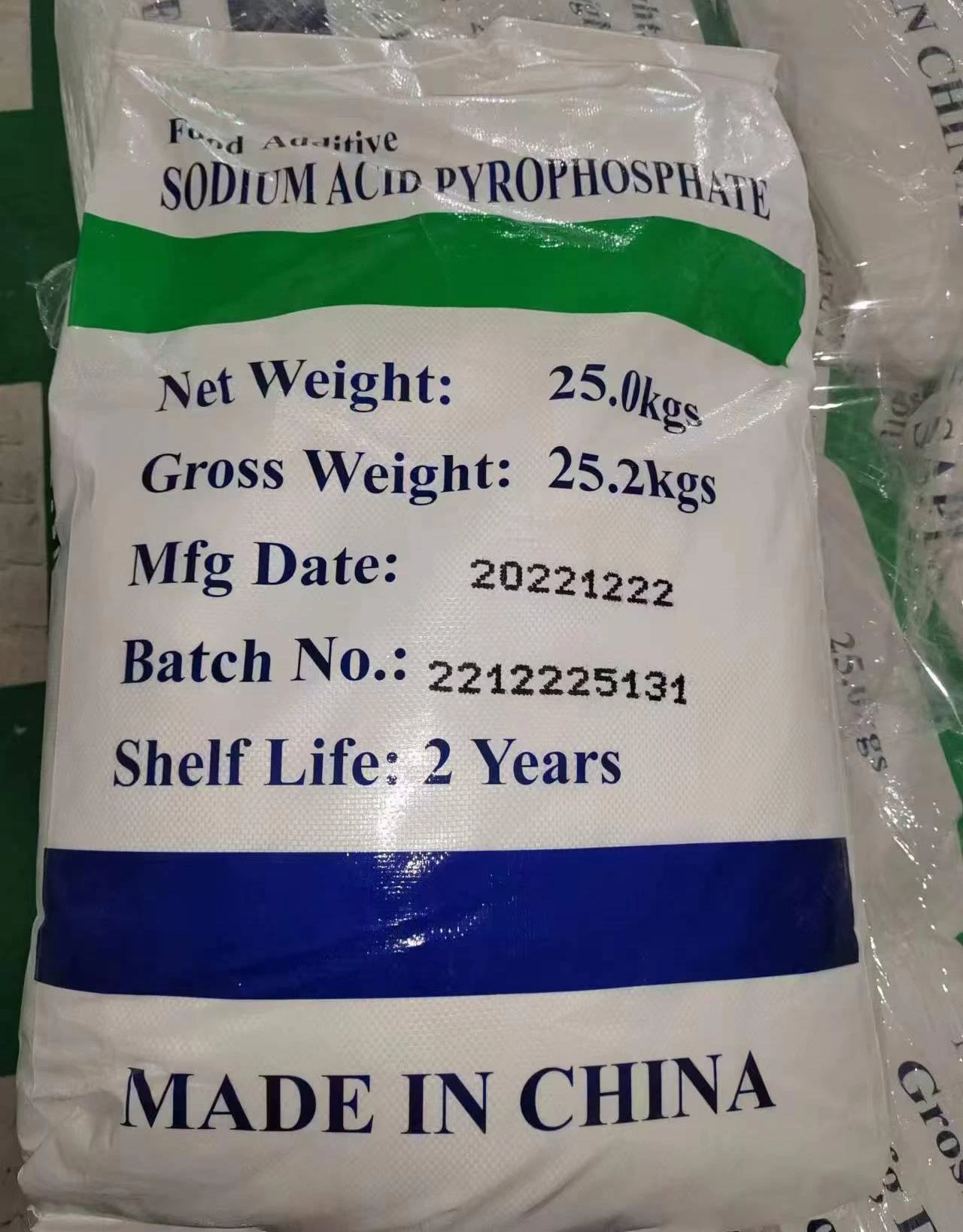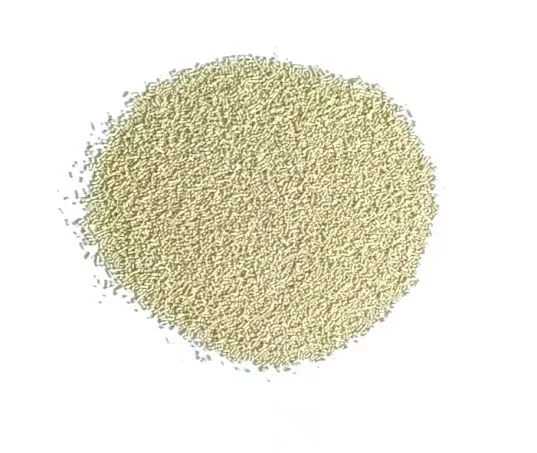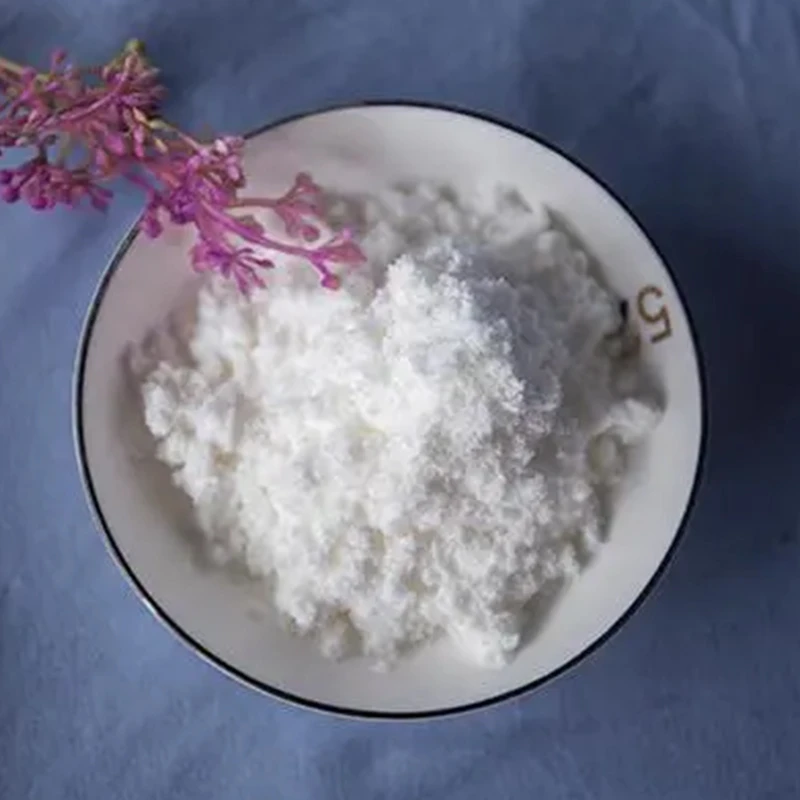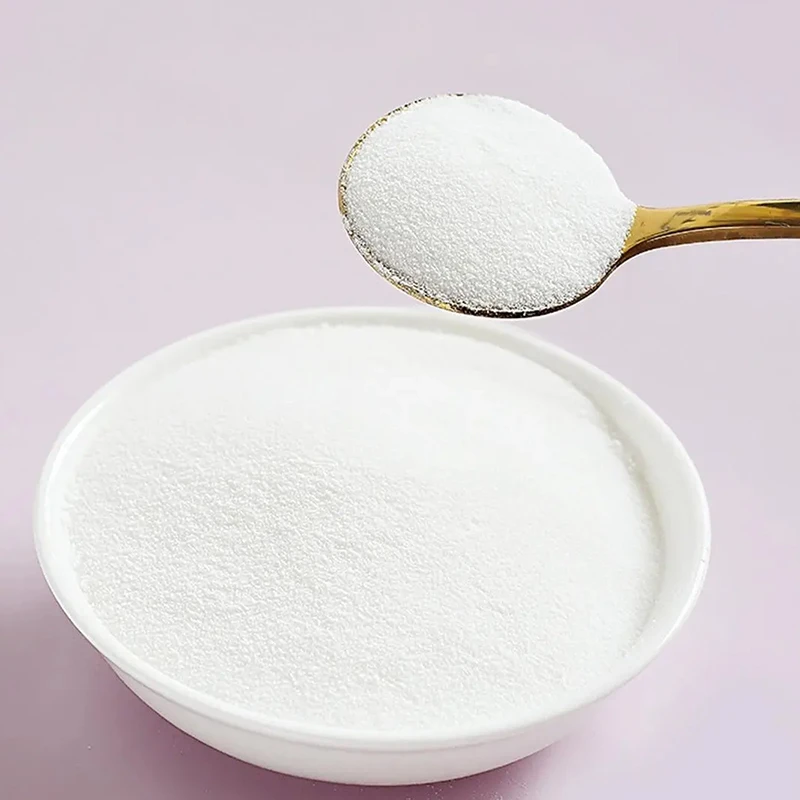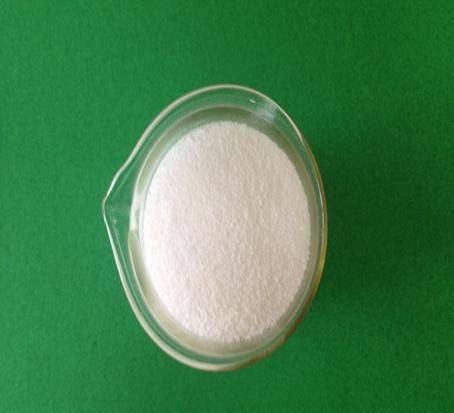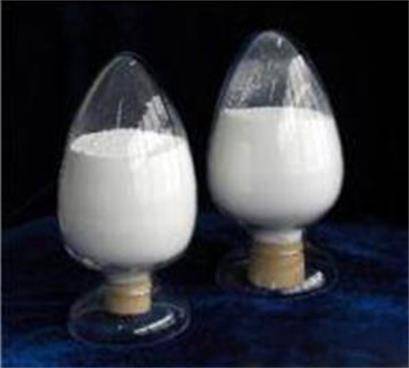Looking to elevate the flavor profile of your food products without overpowering natural ingredients? Discover the powerful benefits of 5 ribonucleotide additives. Widely used in the food industry to enhance umami taste, 5 ribonucleotides are a synergistic combination of nucleotides that amplify flavor without the need for excess sodium or artificial enhancers. Whether you're producing snacks, sauces, soups, or seasonings, 5 ribonucleotide additives deliver exceptional taste and clean labeling appeal.
Food manufacturers trust 5 ribonucleotides to bring out depth and richness in their products, all while maintaining safety, stability, and compliance with international food standards.
Disodium 5 Ribonucleotide: A Reliable Flavor Enhancer
One of the most effective forms of 5 ribonucleotides is disodium 5 ribonucleotide—a potent mix of disodium inosinate (IMP) and disodium guanylate (GMP). Used primarily in combination with MSG or yeast extracts, this ingredient enhances savory flavors across a wide variety of food applications. Its ability to bring out a deep umami flavor makes it especially popular in instant noodles, canned foods, and ready-to-eat meals.
Disodium 5 ribonucleotide is a cost-efficient solution for food manufacturers seeking to intensify taste without compromising on health or quality. It requires only a small dosage to achieve optimal results, reducing the need for high salt or sugar content.
Is Disodium 5 Ribonucleotides Safe? Absolutely Yes!
One of the most common concerns from consumers is: are disodium 5 ribonucleotides safe? The answer is yes. Approved by major regulatory bodies like the FDA, EFSA, and China’s National Health Commission, disodium 5 ribonucleotides are classified as safe food additives when used in recommended quantities. They are non-toxic, non-carcinogenic, and suitable for most diets.
Furthermore, disodium 5 ribonucleotides safe ratings ensure confidence for health-conscious consumers. It is often used in reduced-sodium formulations because it provides intense flavor even at lower concentrations. Whether you're in food manufacturing or product development, this additive offers peace of mind and a superior taste experience.
Sodium 5 Ribonucleotide: Efficiency and Flavor in One
An alternative form of the compound is sodium 5 ribonucleotide, known for its excellent solubility and compatibility in a wide range of foods. It functions similarly to disodium versions but is often preferred in custom formulations where sodium levels need precise control. Sodium 5 ribonucleotide is especially effective in liquid seasonings, soup bases, and flavored beverages.
With high water solubility and stable pH performance, sodium 5 ribonucleotide offers food manufacturers a reliable, adaptable flavor enhancer that integrates easily into existing production lines.
5 Ribonucleotide: The Smart Choice for Clean-Label Products
In a market where consumers demand transparency and clean ingredients, 5 ribonucleotide offers a science-backed, naturally derived solution to enhance flavor profiles. Originating from natural sources such as yeast or fish, this additive fits clean-label requirements while maintaining effectiveness in both vegetarian and non-vegetarian applications.
Choosing 5 ribonucleotide for your food products means choosing innovation, safety, and a superior taste experience. It allows manufacturers to offer bold flavors while aligning with global health trends and dietary preferences.
5 Ribonucleotide Additives FAQs
-
What are 5 ribonucleotides, and how do they work?
5 ribonucleotides are a group of naturally occurring flavor enhancers made from nucleotides such as inosinate and guanylate. When combined with other taste enhancers like MSG, they synergistically amplify the umami flavor, making food taste richer and more savory. They are widely used in snacks, seasonings, and instant foods to enhance palatability without adding excessive salt or fat.
-
Are disodium 5 ribonucleotides safe for consumption?
Yes, disodium 5 ribonucleotides are safe when used within regulated limits. They are approved by food safety authorities worldwide, including the FDA, EFSA, and food regulatory agencies in Asia. While generally well-tolerated, individuals with gout or purine metabolism disorders may be advised to monitor intake, as ribonucleotides are purine derivatives.
-
How is sodium 5 ribonucleotide different from disodium versions?
Sodium 5 ribonucleotide typically contains the same base nucleotides but in a different salt form. This variation allows for more flexible formulation, especially in products where total sodium content must be tightly regulated. It provides the same flavor-enhancing benefits but offers better customization for low-sodium or liquid products.
-
Can 5 ribonucleotide be used in vegetarian products?
Absolutely. Although originally sourced from animal tissues, most modern 5 ribonucleotide products are derived from yeast or microbial fermentation, making them suitable for vegetarian or even vegan applications. Always check the product specifications for sourcing details to meet specific dietary requirements.
-
In what types of food can disodium 5 ribonucleotides be used?
Disodium 5 ribonucleotides are incredibly versatile and can be used in instant noodles, snacks, soups, sauces, canned foods, and frozen meals. They're especially effective in products that benefit from a rich umami flavor. Whether enhancing meat, vegetables, or plant-based proteins, they help create a delicious, well-rounded taste that appeals to modern consumers.
Post time: May - 16 - 2025






